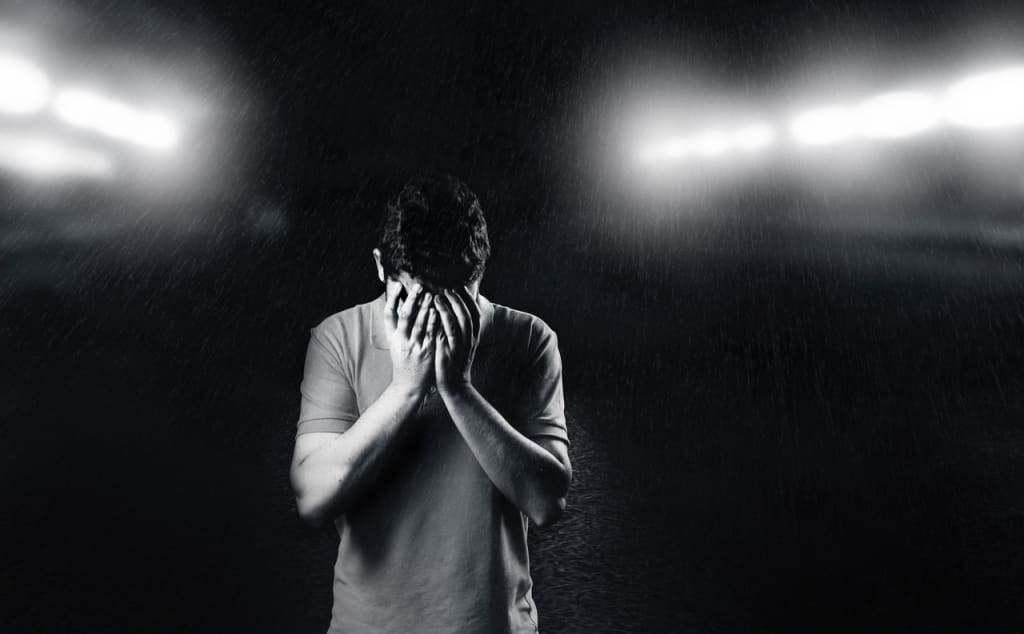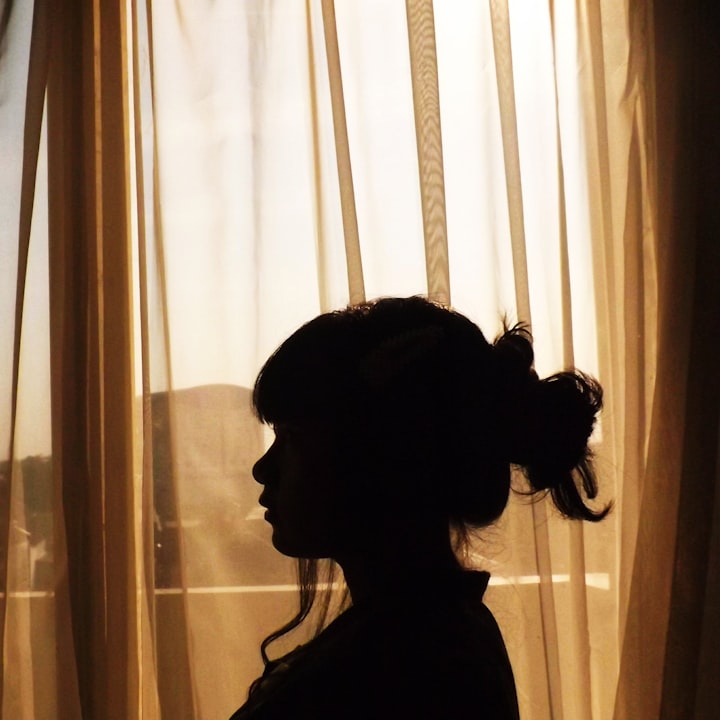Coffee as an Antidepressant
How does coffee help with depression?

Caffeine might be considered a miracle cure for being tired, but there might be more to this interesting little chemical than we might have thought. In America alone, coffee drinkers consume over 400 million cups of the stuff per day. It seems to be one of the most popular plants in the world. Many researchers have taken note of this and they've wondered if it has something to do with the positive effects you feel when drinking coffee. Many studies are underway which will try to prove if there is a correlation between drinking coffee and a lower rate of depression. If there is some kind of connection between them, it could make this very common beverage even more popular and interesting. Here are some things we know for sure about the effect of caffeine on the human body.
1. Studies tell us quite a few things.
There have been quite a few studies on the various effects that caffeine has on the organism. Most of them have been focused on the physical aspect. Everybody knows that coffee makes you jittery and twitchy. On the other hand, this is considered a side effect of the wakefulness that coffee provides your mind. The sympathetic nervous system is stimulated by caffeine, which gives you both physical and mental stimulation.
On the other hand, newer studies have shifted their focus on the pure mental effect coffee might have on many people. The caffeine in coffee and various teas has been shown to reduce depressive symptoms in a significant portion of test subjects. Unfortunately, depressive symptoms are purely subjective and the changes could only be due to temporary comfort, which is why the results aren’t yet conclusive.
2. Daily intake changes things.
Everyone is familiar with the effects of daily coffee drinking. Your body adapts its schedule to the caffeine and it produces some interesting results. Your stomach and the rest of your digestive system run like clockwork when coffee comes around. Your mind waits until that first cup in the morning in order to have full focus. There are tons of other effects you might not even notice, but your body certainly takes note of them.
The effects themselves might not be important, but the routine of drinking coffee could be. One of the many issues that surround depression is the inability to keep important routines up. This applies to both organic and non-organic routines. It’s possible that coffee might help by introducing a schedule to your body and mind. By adding an artificial routine, it might have positive effects on a person’s mindset.
3. Coffee vs. Tea
When talking about coffee, it’s important that we also mention the effects of tea. Both contain a fair amount of caffeine and thus their effects have to be compared in order to get to the right results. Strangely, their effects don’t compare when it comes to depression. An effect is present, but it’s much less potent than the effects of coffee. This might be because coffee contains additional substances that might synergize with caffeine.
For starters, coffee contains chlorogenic acid, caffeic acid, and ferulic acid. These acids reduce the inflammation of nerve cells that are located in your central nervous system. Coffee also has an antioxidative effect, but it’s not yet certain that this has any relation to depression and its treatments. It can, however, act as an anti-inflammatory agent in both the mind and peripheral neurons. This could have an effect on the many manifestations of depression.
4. Indirect Effects
You might have noticed the indirect effect coffee has on your mood. A good cup of coffee incites a positive response whether or not it has been fully absorbed by your body. How many times have you sat down with friends only to feel content when you start drinking your fresh cup of Joe? There could be several reasons for this.
Employers have taken note of the effects of social coffee drinking, which is why they often supply their offices lounges with Lavazza machines. A quick supply of coffee gets people talking and it improves their mood. This can stimulate positive ideas and cooperation.
You might be wondering if this is a placebo effect or the result of something else. It could be that your body anticipates the effects of coffee right when you taste it, which allows it to immediately give you positive feelings. Either way, coffee is still used for its effects on productivity.
5. Possible Negative Effects
The medical world hasn’t yet reached a mutual agreement on the effects of caffeine. There are a variety of bad effects that follow coffee that might make it unusable in the treatment of depression. These include headaches and palpitations, which are present when too much coffee is consumed. Other effects include increased blood pressure and nausea.
The immediate effects of coffee aren’t the only things to worry about. It’s well known that it causes a very mild form of addiction in the brain. When you consume coffee regularly for long periods of time, it becomes second nature to you. You usually want to continue consuming coffee. Trying to quit caffeine leads to some slight discomfort in the form of headaches and cravings.
It’s quite possible that these effects are due to mental addiction, but there is also reason to believe that there is a physical aspect to them.
Conclusion
In conclusion, there is a lot of circumstantial evidence that points towards coffee being much better for you than you might think. Its effects range from a light mood boost towards improving symptoms of depression in people. On the other hand, using this kind of circumstantial evidence often isn’t enough for science. You can’t build studies and test people without having some conclusive evidence. This is why there are still studies being done on the various effects of coffee. At some point in the future, you might not only look at this bean as a way to lift you up after you wake up. Instead, you might see it as a mental health boon.
About the Creator
Daniel Brown
Daniel Brown is a law graduate and a passionate blogger from Sydney.
He loves hiking, anime, and everything about Japan, especially otaku subculture.






Comments
There are no comments for this story
Be the first to respond and start the conversation.